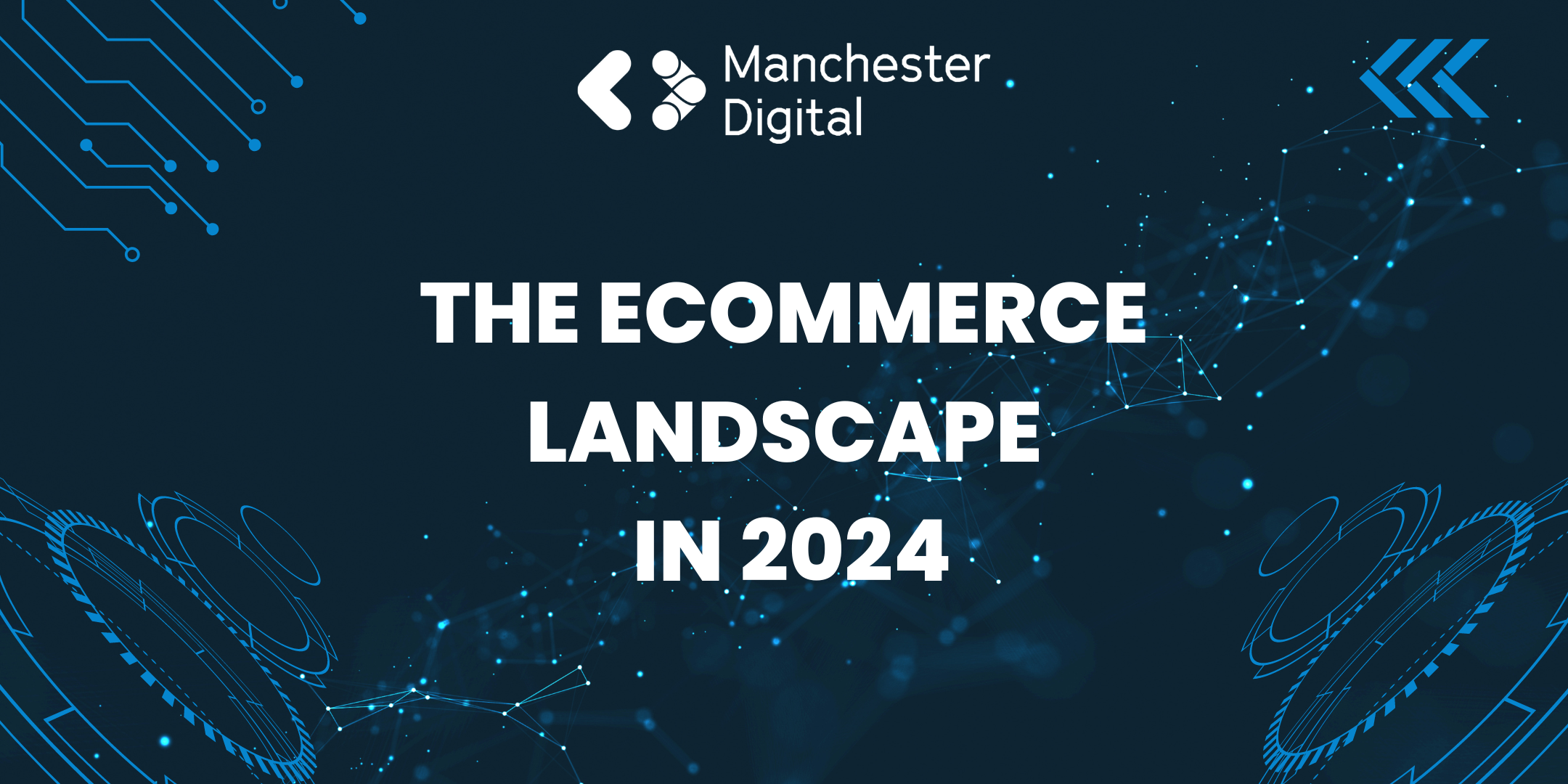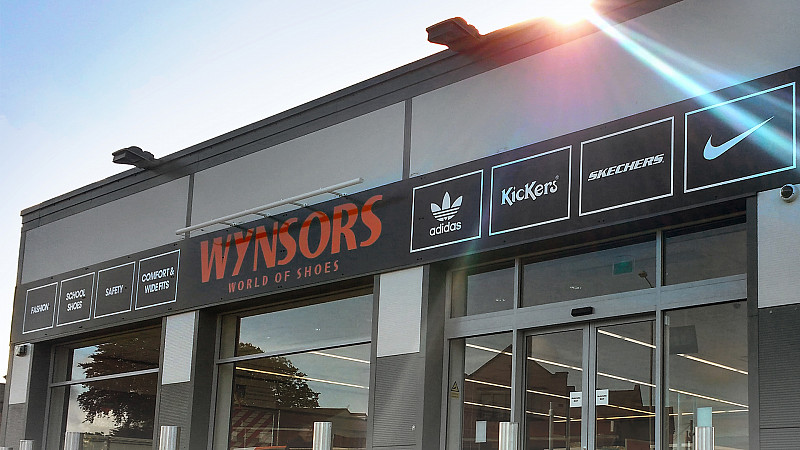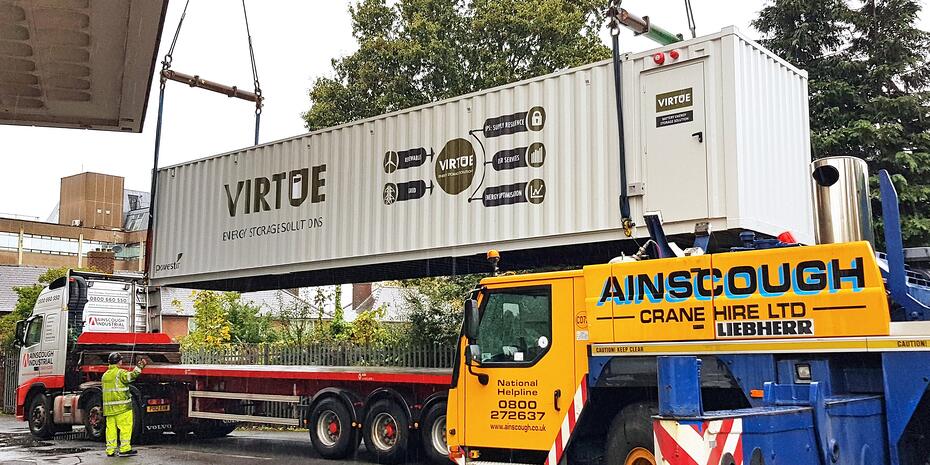
Manchester Digital's Ecommerce Conference 2024 is set to explore some of the innovative technologies and emerging trends that are reshaping the way retail businesses operate and consumers engage with the online shopping experience.
To shed light on some of these latest developments, we asked a selection of ecommerce experts from across our community to offer their insights into the technologies and trends that are positively impacted the ecommerce sector in 2024.
Lokulus
AI-Powered Customer Service – Its impossible to ignore the effect which AI will have on the future of customer service. During 2023 the shift from Large Language Models (Chat-GPT, etc..) being research curiosities to mainstream tech took many by surprise and the amounts being spent on LLM research shows no sign of slowing down. However, it’s not without risk, with recent setbacks for well-known brands like DPD and Air Canada highlight how quickly things can go wrong. Whilst AI offers great potential its not ready to stand alone just yet (and may never be), instead brands should focus on using AI to enhance their most valuable resource, their people …
B2B E-commerce – As consumer expectations continue to grow and inflation pushes up the cost of products retailers will continue to find themselves squeezed from all sides. In a climate like this attention will increasingly turn to the efficiency of procurement and supply chains. Retailers will look to B2B e-commerce to optimise their procurement costs with workflow and automation technology being used to reduce the human effort involved in managing supplier contracts, managing inventory, and replenishing stock.
Consumers themselves – We live in a world which is becoming more and more accepting of “digital” as the medium of interaction. Wearable tech is starting to gain a real foothold (predicted to grow at nearly 15% year on year through 2030), subscription-based services like Netflix and Spotify are becoming the norm and commerce continues to shift online (nearly 30% of UK retail spend was online in 2023). In this climate consumers simply won’t tolerant brands which can’t offer the true omni-channel “digital” experiences they are accustomed to. And with younger generations who “Don’t know any different” growing up quickly brands have to evolve to stay competitive.
Learn more about Lokulus
Bring Digital
AI-assisted personalisation is going to change the game in E-commerce. Users are increasingly expecting tailored experiences; mass marketing is giving way to the rise of micro experiences. In that world, embracing AI becomes essential for the smaller disruptors with small marketing teams and the industry giants who seek to stay ahead of the curve.
Google's evolving product mix is another opportunity we're excited about in 2024. Over the last year, our PPC team has adapted by testing new campaign types to refine our own "best practice" approach in an increasingly automated bidding environment. We've learned how to balance control with scalability to step into the new year with a renewed focus on combining account structure with first-party audience data. We're also working on improved server-integrated solutions to underpin our 2024 with enhanced business data.
The increasing prevalence of social purchasing means those tailored experiences start offsite. From a tracking perspective, it becomes tough to measure ROI at scale without the help of AI. We're helping spearhead those integrations to bring brands into a future where attribution is more channel-agnostic than ever before.
Learn more about Bring Digital
Space 48
AI stands out prominently, serving various purposes from assisting in crafting product descriptions to enhancing customer search experiences by generating synonym lists automatically. From people using it to write their product descriptions to using it for helping customers find the right products through search and creating synonym lists automatically (e.g when someone searches for pants, it knows they mean trousers). You could do an entire post just around AI.
Furthermore, the advent of startup tech enterprises introduces a dynamic shift in market dynamics through their agile methodologies, poised to disrupt conventional approaches to technological solutions for merchants. These small entities epitomise innovation and adaptability, reshaping industry landscapes with their innovative offerings.
Tech giants like Shopify are making it easier and easier for brands to expand internationally, disrupting the markets not just in the UK but across the world. This accessibility not only fosters opportunities for UK-based brands but also opens avenues for foreign entities to enter the UK market, fostering a more interconnected global commerce ecosystem.
Additionally, the marketplace landscape experiences a proliferation of platforms such as Temu, AliExpress, and Shein, saturating the market with competitive pricing and expedited delivery options. This influx of choices empowers consumers with an array of options, reshaping consumer behaviour and challenging traditional retail paradigms.
Learn more about Space 48
Phoenix Digital
UX has never been more important for E-commerce retailers. With less bricks and mortar stores allowing people to physically browse, consumers want and need to be able to quickly assess product range, quality and price before they hit the back button.
Customer returns are costing retailers a fortune. Whilst returns are an inevitable part of any retail business, it’s important to clearly state your returns policy so as to avoid unpleasant surprises for customers. In an attempt to avoid returns, make sure product imagery is 100% accurate. Display size guides, a video of the product in use, how to set it up/use it, what it’s for and what it’s compatible with etc etc.
Speed of delivery is becoming increasingly important. People want the Amazon experience and receive delivery the same day or next day. Companies have to meet these expectations or risk losing business to their competitors. Faster delivery requires more efficient processes and improved logistics. Companies must invest in technology and automation to be able to deliver faster.
Never the less, everyone is of course talking about AI and it will have a huge impact on the E-commerce sector as well. Virtual fitting rooms, personalised shopping experiences - online shopping will eventually become a very immersive and instantaneous experience.
Learn more about Phoenix Digital
Thank you to our members for sharing their insights.
Find out more about how Manchester Digital supports Greater Manchester's ecommerce sector here.









